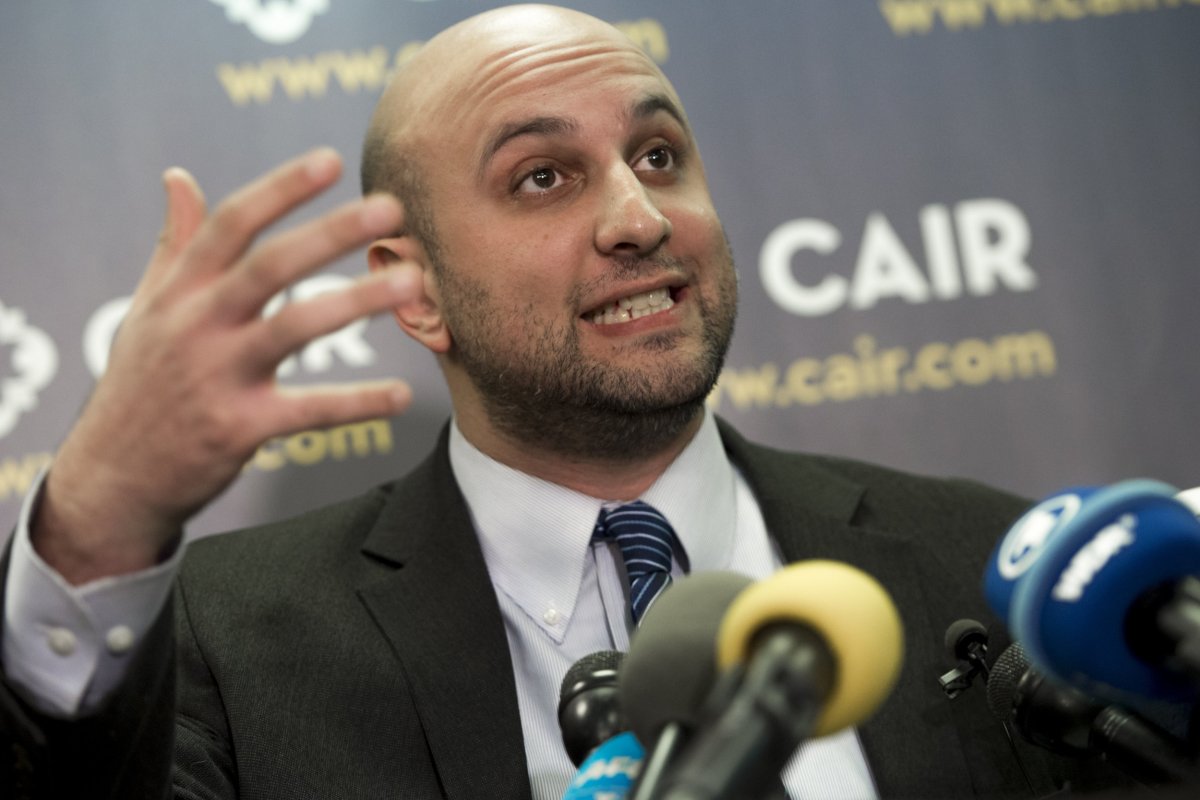U.S. District Judge Anthony Trenga ruled Wednesday that the federal government's watchlist of "known or suspected terrorists" is unconstitutional. The list, which contains over 1 million people, was challenged by the Council on American-Islamic Relations (CAIR) and 23 American citizens who said they were wrongly placed on the list.
Judge Trenga ruled that the Terrorist Screening Database (TSDB), known colloquially as the terrorist watchlist, violated due process because there was no clear standard for people to be included or removed from the list. The list is distributed throughout the U.S. government and police agencies, and sent to foreign governments.
"There is no evidence, or contention, that any of these plaintiffs satisfy the definition of a 'known terrorist," Trenga wrote. The judge also wrote that non-dangerous conduct could land someone on the list.
"An individual's placement into the TSDB does not require any evidence that the person engaged in criminal activity, committed a crime, or will commit a crime in the future; and individuals who have been acquitted of a terrorism-related crime may still be listed in the TSDB," Trenga wrote.
Gadeir Abbas, a lawyer for the plaintiffs, argued that the TSDB had no use in actually preventing terrorism. He claimed some people who committed terrorist acts were not included on the watchlist at any time. Abbas also pointed out that Omar Mateen, the Pulse nightclub mass shooter who killed 49 people, was on the list at one time, but removed.
The TSDB is separate from the no-fly list, which none of the plaintiffs claim to have been included on, according to the ruling. Though the no-fly list has been challenged in court, this is the first ruling to apply to the TSDB, according to Abbas.
"Innocent people should be beyond the reach of the watchlist system," Abbas said to the Associated Press (AP). "We think that's what the Constitution requires."

Approximately 1.16 million people were on the TSDB as of June 2017, according to the AP. Though the majority of the watchlist is made up of people not permanently living in the United States, the government says there are about 4,600 American citizens and lawful permanent residents on the list.
Though Trenga has told both the plaintiffs and the government to file supplemental briefings before deciding what remedy to take, CAIR called the ruling a victory.
"CAIR's legal team has finally brought an end to the secretive watchlist, which is effectively a Muslim registry created in the wake of the widespread Islamophobia of the early 2000s," said CAIR Executive Director Nihad Awad in a statement.
The parties of the lawsuit have 30 days to file their supplemental briefings, and an another 14 days to file replies to each other.
Uncommon Knowledge
Newsweek is committed to challenging conventional wisdom and finding connections in the search for common ground.
Newsweek is committed to challenging conventional wisdom and finding connections in the search for common ground.
About the writer
Matt Keeley is a Newsweek editor based in Seattle. His focus is reporting on trends and internet culture. He has ... Read more
To read how Newsweek uses AI as a newsroom tool, Click here.








